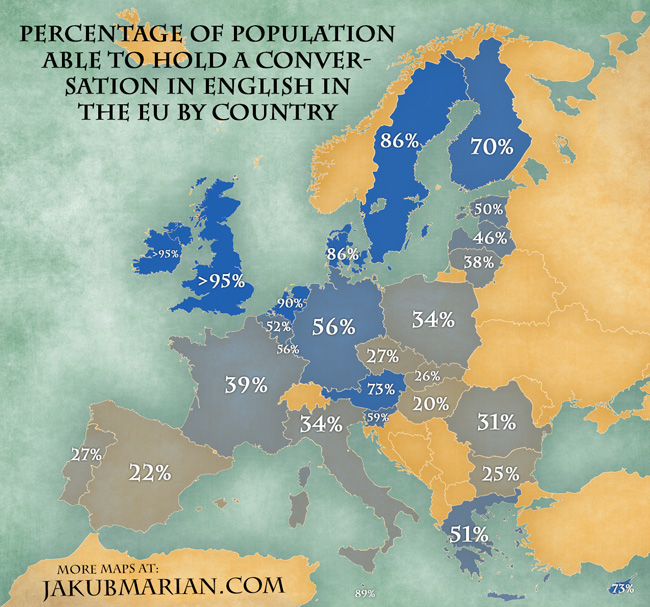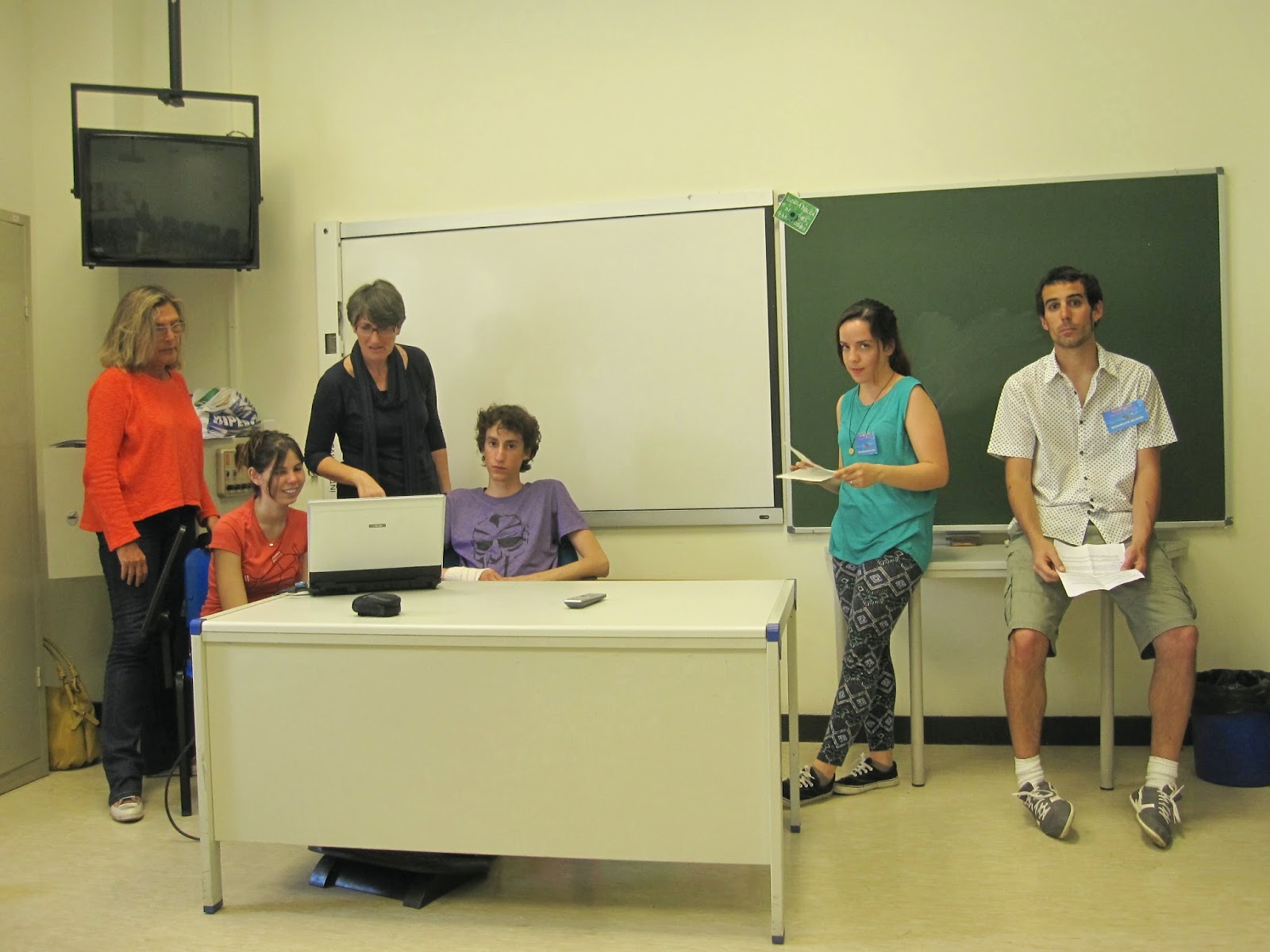The first prime minister of the democratic era, the man who guided
the transformation of Spain after the Franco dictatorship, passed away
in Madrid on Sunday
Adolfo Suárez, Spain’s first prime minister following the
Franco dictatorship, the man who spearheaded a rocky but successful
transition to democracy by legalizing the outlawed Socialist and
Communist parties and the labor unions, died on Sunday after a long
battle with Alzheimer’s. He was 81.
The former prime minister had been suffering from the
disease for the past decade and had not appeared in public since 2003,
when he attended a political rally for his son, Adolfo Suárez Illana.
On Friday, a tearful Suárez Illana announced at a news
conference at the Cemtro de Madrid clinic that physicians had given his
father no more than 48 hours to live. "The disease has progressed a lot
and everything indicates that the end is imminent," he said.
The elder Suárez had been taken to the clinic on Monday suffering from a respiratory infection.
History will remember Suárez for his bravery in standing up
to a gang of Civil Guard officers who tried to take over the young
Spanish government in an attempted coup on February 23, 1981. Led by
Civil Guard Lieutenant Colonel Antonio Tejero, the armed men stormed
into Congress the day lawmakers were voting on the prime minister’s
successor, Leopoldo Calvo Sotelo.
As deputies ducked for cover when Tejero and his men began
firing their weapons, a stoic Suárez remained calmly seated without even
flinching. The entire event was captured by television news cameras.
Born in Cebreros, Ávila province, Suárez studied law at the
University of Salamanca. He held several top government posts during
Francisco Franco’s regime.
In 1976, months following the death of Francisco Franco,
King Juan Carlos had asked Suárez to take over as prime minister from
Carlos Arías Navarro – the dictator’s last prime minister – and organize
free elections. The monarch’s choice didn’t sit well with many leftists
because Suárez had held various Cabinet posts under Franco, including
minister of the National Movement – the only legal political
organization during the dictatorship.
A mastered negotiator, Suárez ruffled feathers in the
military and among the far-right after he invited Socialist leader
Felipe González, who had been living in Paris, and Santiago Carrillo,
the Spanish Communist Party (PCE) chief who was in Moscow, also in
exile, to join the democratic process.
To read more, click here
Rest in peace Mr President.


 As you were all expecting, here you have the 2 links to youtube to see the presentations you did about Canada and Seychelle Islands. Here you have the 2 videos:
As you were all expecting, here you have the 2 links to youtube to see the presentations you did about Canada and Seychelle Islands. Here you have the 2 videos:
